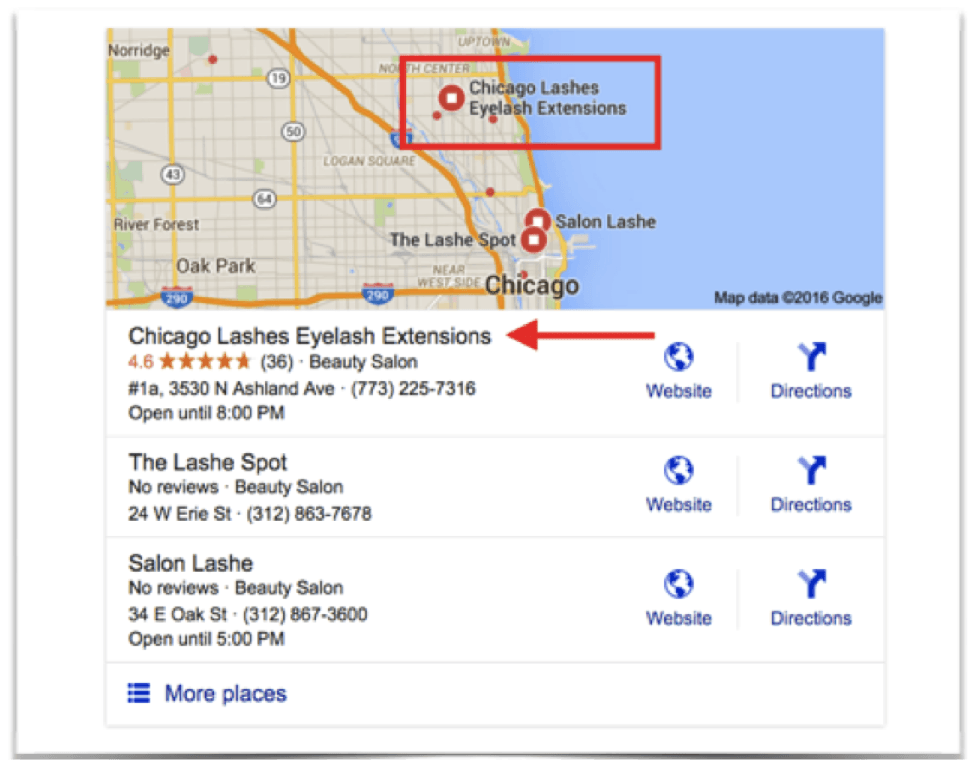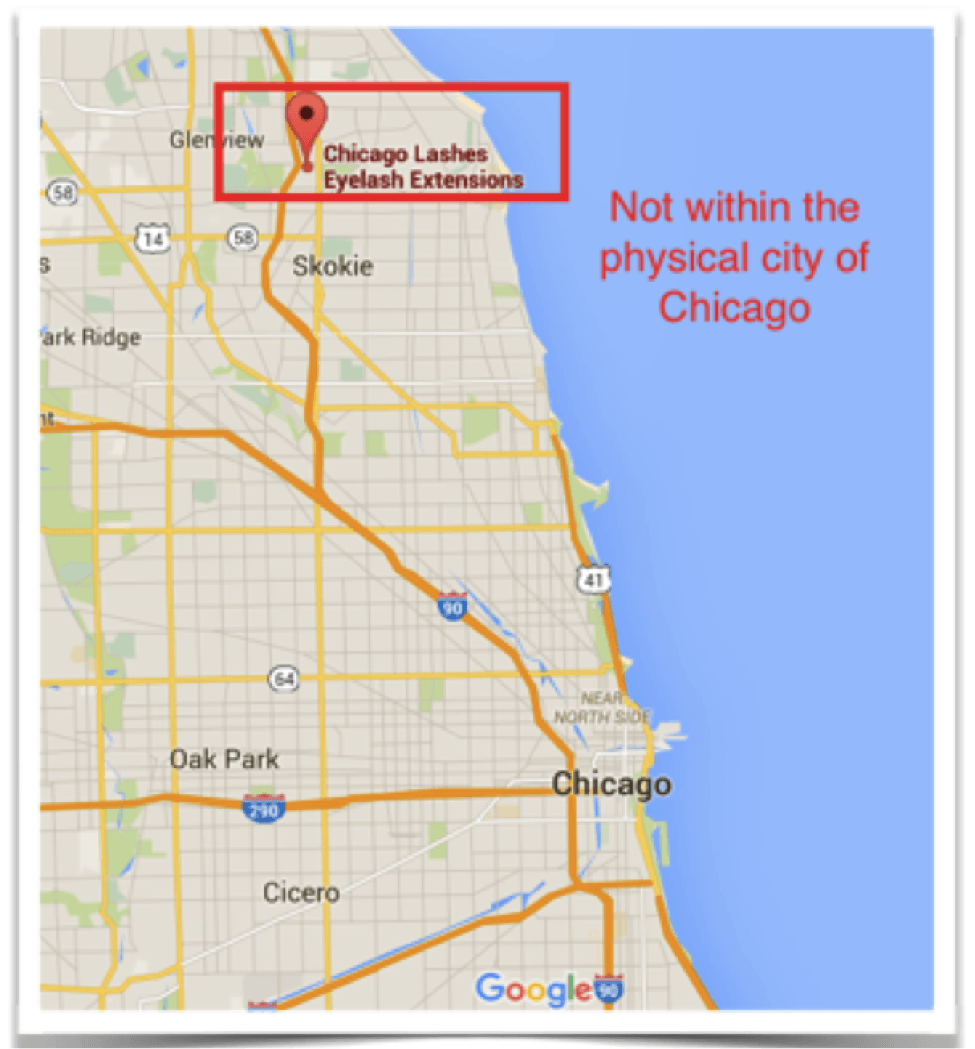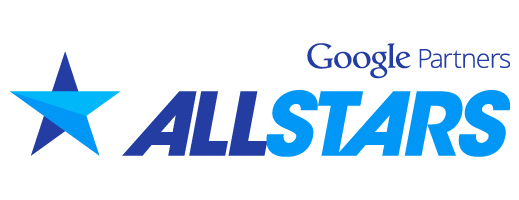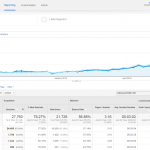What to Do When You Rank High Organically but Not Locally
Sometimes even when you are doing everything right and your local SEO should be performing swimmingly, you’ll find that you have no problem ranking organically but cannot rank locally. This is a frustrating situation that sites like Search Engine Land have written case studies about because even professional SEO specialists have gotten stumped on this from time to time. As a Marketing Agency, these kinds of issues come up with our clients and we’ve tried to find a way to break down what other industry experts are saying about this puzzling issue.
It is not uncommon for businesses to find themselves ranking high organically but not ranking locally, and as you are likely aware this can effect your placement in the maps app, review results, and ultimately coming out on top when people are looking for a business near them. While you want to rank high for the keywords people search so that they discover your business, you really want those people to be looking for a business in your area, otherwise you’ve gotten traffic but can not really provide these people business. What a conundrum this is!
The Problem
If you have gone on to the search engine results page (SERPs) you might find that you are ranking first organically with a specific search query, but you are not ranking both organically and locally.
The Solution
As you might have gotten from this introduction, the solution isn’t always clear-cut to this issue. In fact many SEO specialists have stumbled upon why this issue might be happening for a specific business. To troubleshoot and begin to solve this issue we advise the following:
- Check for any NAP issues. Most of the time when this issue occurs, local SEO experts point to checking for NAP issues. In other words, the assumption is that NAP (name, address, and phone number of the business) are not consistent across the web. This is clearly important, so even if you don’t have any doubts, double check your website, blog, social media, any review sites, etc. This can definitely cause a disparity between organic and local ranking.
- Use Google AdPreview Tool. The next thing you can try is viewing the SERPs with the Google AdPreview Tool, which will allow you to set your location and view the results. What the case study in Search Engine Journal found when they went through this step is that the business that was experiencing this discrepancy had a mailing address that was different from the physical location of the business. Ultimately, Google does not care where your mailing address is, they care where your physical address is—so if these two do not match up, then you could be dealing with an issue! See the next step for going about solving this mini crisis:
- How you can tell what city a business is in on Google:
Step 1: Go to Google Maps and search the city name (and state). Google will highlight the area on the map that belongs to that city. In the screen shot below you will see that I typed in Chicago, Illinois. The area that is within the red border (and is also shaded red) is considered to be within the city of Chicago.
Step Two: See where your business is in relation to these city borders. If your business doesn’t fall inside that highlighted area, it means you aren’t in the city limits. If you aren’t in the city limits, you don’t have a physical address in the city, and this is the #1 ranking factor for Google’s “the Local 3-pack”.
In the example below we can see a “Chicago” business that is not actually within the city of Chicago (although they do have a second location which falls within the city limits). As you can see in the first screen shot, their Chicago location ranks in the 3-pack of search results for “Chicago lash extensions,” and their business address is within Google’s Chicago physical business address limits.
However, in the second screenshot you will see the second location for Chicago Lashes and Eyelash Extensions, which is not technically in Chicago but rather is in Skokie. If you return to the first in this series of screenshots you will see that while not too far out of the city at all (actually only about 15 min drive from the city center) Skokie is not actually within the city of Chicago. Even though the business name has the branding of a Chicago company, since Google does not define its physical address within the Chicago boundaries, it is not a ranking local search, even though their organic SEO is great.
Step 3: See what city you’d want to use by looking to Google Map Maker.
In the case of Chicago lashes, they really do not need to worry about local search because they have a location within Chicago. As a consequence, even though their location in Skokie is not high ranking for Chicago (and it has the Chicago branding in the name), their address on Ashland Avenue is the top result in the Local 3-pack. Their business website directs visitors to the different locations they have, so this really isn’t as much of an issue for them as it might be for you!
In order to rank locally you are going to want to be sure that you are using the city that Google would want you to use. Here is the way that you can see what boundaries Google defines your physical address in:
- Go to the Google Map Maker
- Search the city name, and zoom into the map until you see the location of your business.
- Click the red “ADD NEW” button and select “Add a Place.”
- Put the marker down on the map exactly where your business is.
- Select any random business category and a fake name, and hit “”
- On the record that comes up, the city that is automatically populated in the city box is the one that Google Maps would consider your address to be in. If it lists a county (as in the case study from Search Engine Journal), it’s most likely because the area you are in is unincorporated. Below is a screenshot from that same case study:
The Takeaway: Keywords and Location Matter
If you are finishing this article with your head spinning a bit, you aren’t alone. You might be asking yourself—why do search keywords impact organic vs. local traffic in such a confusing way? How can I be ranking highly in organic results but not local results?
Keywords without a city name (for example, “lash extensions” searched from a user in Chicago, IL) rely more heavily on traditional organic ranking factors.
Keywords with a city name (“Chicago Lashes”) rely more heavily on true local ranking factors, which include:
- The physical location of your business (and more importantly as the examples above showed, if it is in the physical city limits of the city searched).
- The categories you are using in Google My Business or Map Maker.
- Inconsistency with your name, address or phone number (NAP)—always check this first.
Overarching Solution: If your business is in a situation where you are ranking highly for organic SERPs but struggling with local pages, you might want to shift your focus to gaining organic ranking for the keywords that include city names and gaining local ranking for the keywords that do not. This could really impact the way that Google interprets your business for both local and organic rankings.












